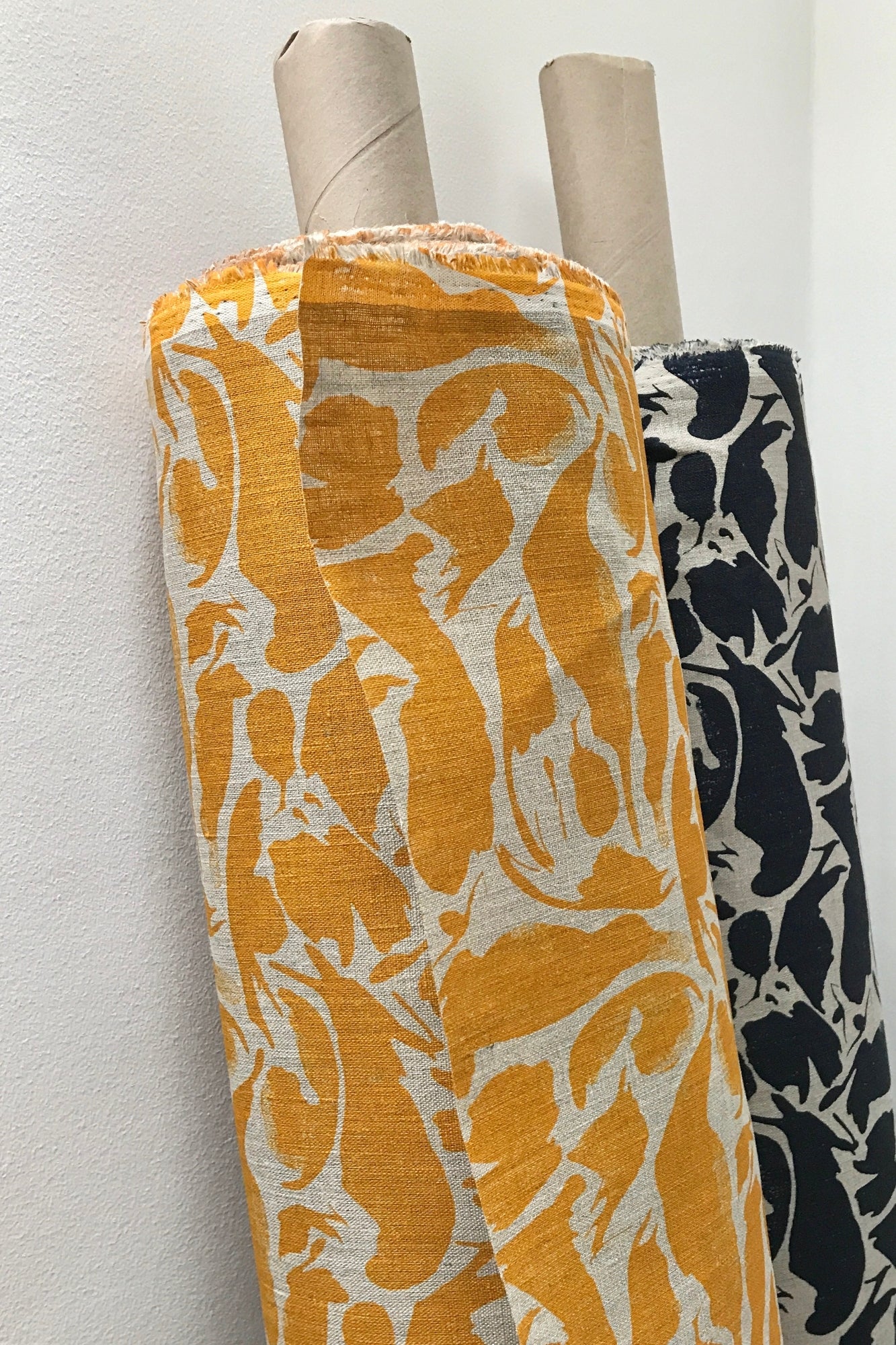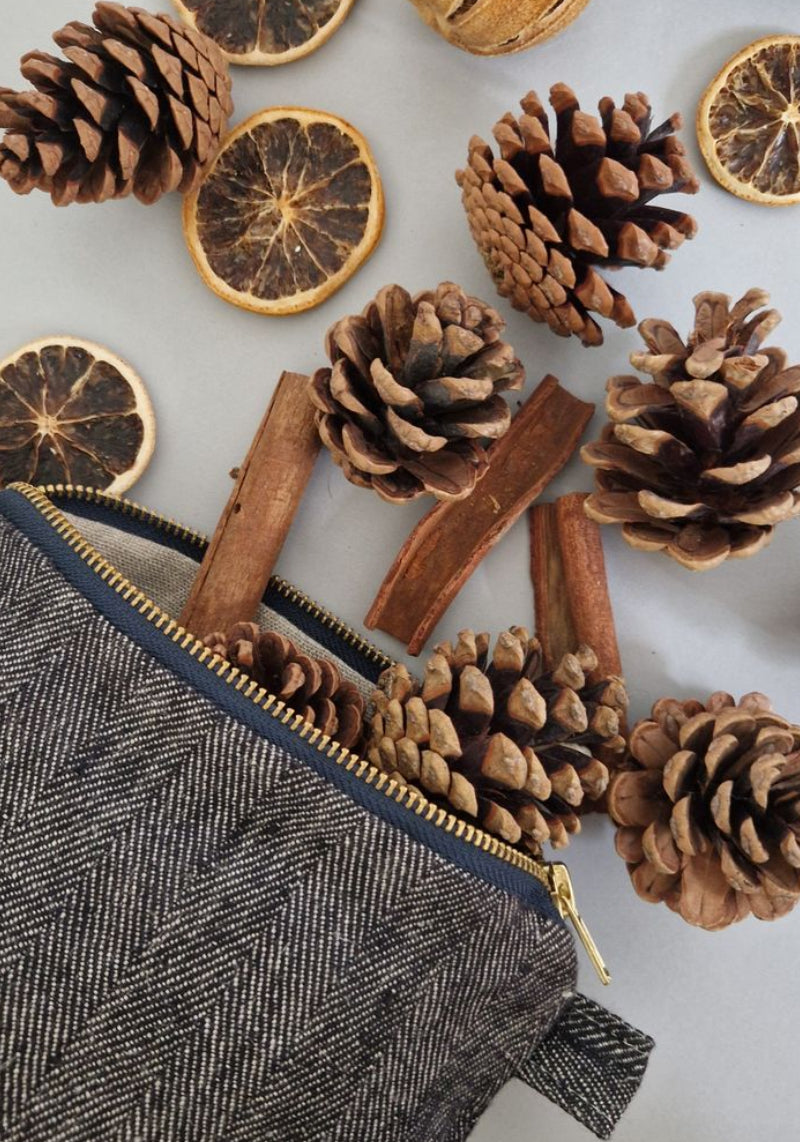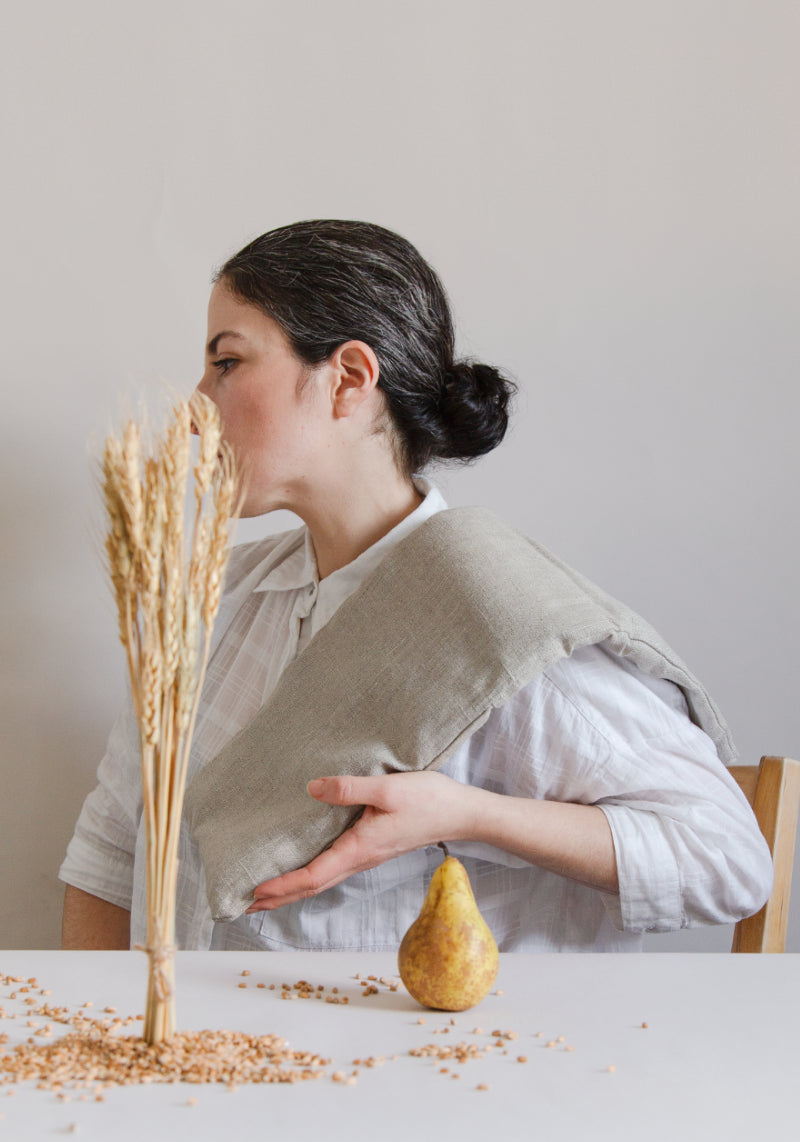Why is Linen Sustainable?

With linen at the heart of our business, it is fair to say that we are huge fans of this versatile fabric. Not only is it durable, multipurpose and timeless, but it is also sustainable – a topic we take very seriously. In recent years there has been a growing concern about sustainability and the environmental impact in the production of fabric. Linen however is considered one of the most sustainable fabrics available today. But why is linen sustainable?

To fully understand the sustainable nature of linen, we first need to look at what it is made from. The flax plant is a renewable source from which linen is made. It is a resilient crop and requires little water to thrive, unlike other crops such as cotton. It is also an excellent option for sustainable agriculture as it can grow in poor soil conditions as well as enriching the soil by naturally replenishing nutrients. This in turn reduces the need for chemical fertilisers which can be hugely damaging to the environment.
Did you know that linen requires up to 13 times less water than cotton during cultivation? The water that flax does use is largely from rainfall, reducing the need for irrigation systems.

Processing flax fibres into linen fabric involves mechanical rather than chemical means. This process helps to save energy and reduces the carbon footprint of the final product. It is also important to consider the by-products of linen processing. Flaxseed and linseed oil are used in numerous industries and help to minimise the waste from linen production and maximise the resource.
It is not a coincidence that linen has been around for thousands of years when you consider its strength and durability. This means that it does not need to be replaced as often as other fabrics, reducing the amount of textile waste produced. It helps to contribute to a more sustainable and ethical textile industry. Our wheat bags and eye pillows are made from strong linen flax which is not only beautiful, but incredibly durable, providing many years of joy from our products. We source our linen fabric directly from the mill in Europe and are very proud of our short and transparent supply chain.

Due to its natural origins, linen is fully biodegradable and compostable. It naturally decomposes and breaks down into organic matter without releasing harmful chemicals into the environment and further enriches the soil.
The sustainable nature of linen stems from its eco-friendly cultivation, low water consumption, biodegradability, durability, and energy-efficient processing. By embracing the versatility of linen, we can contribute to a greener and more responsible approach to fashion and lifestyle choices. Linen stands as a shining example of how the past and present can blend to create a more sustainable and ecologically conscious future.




